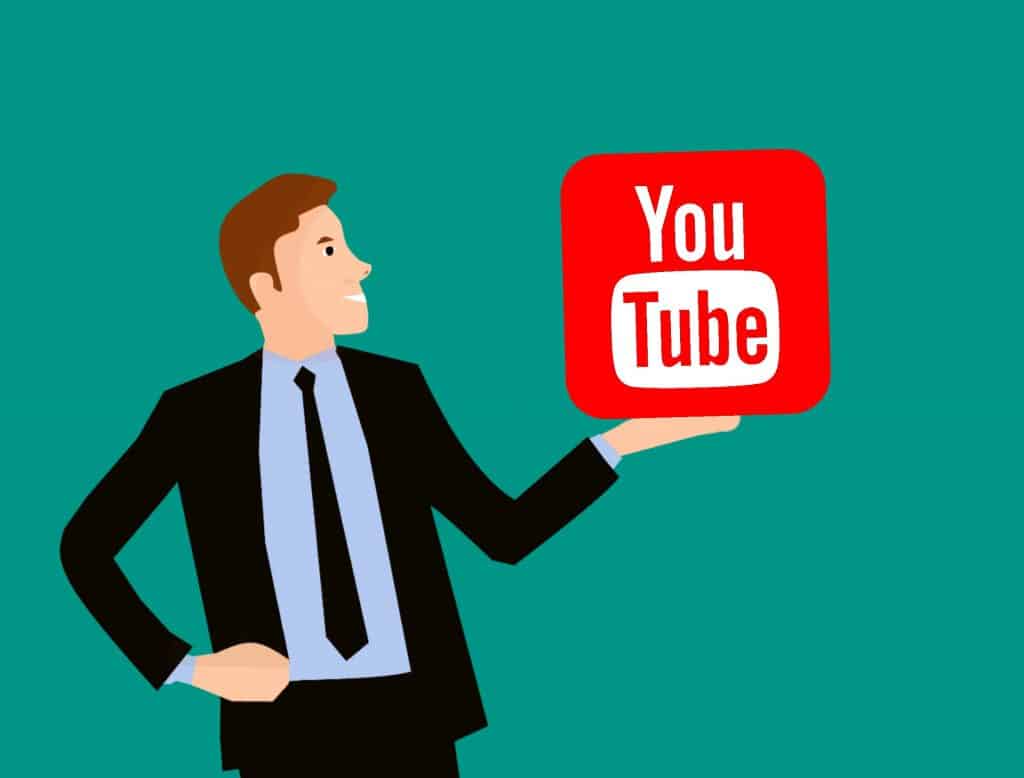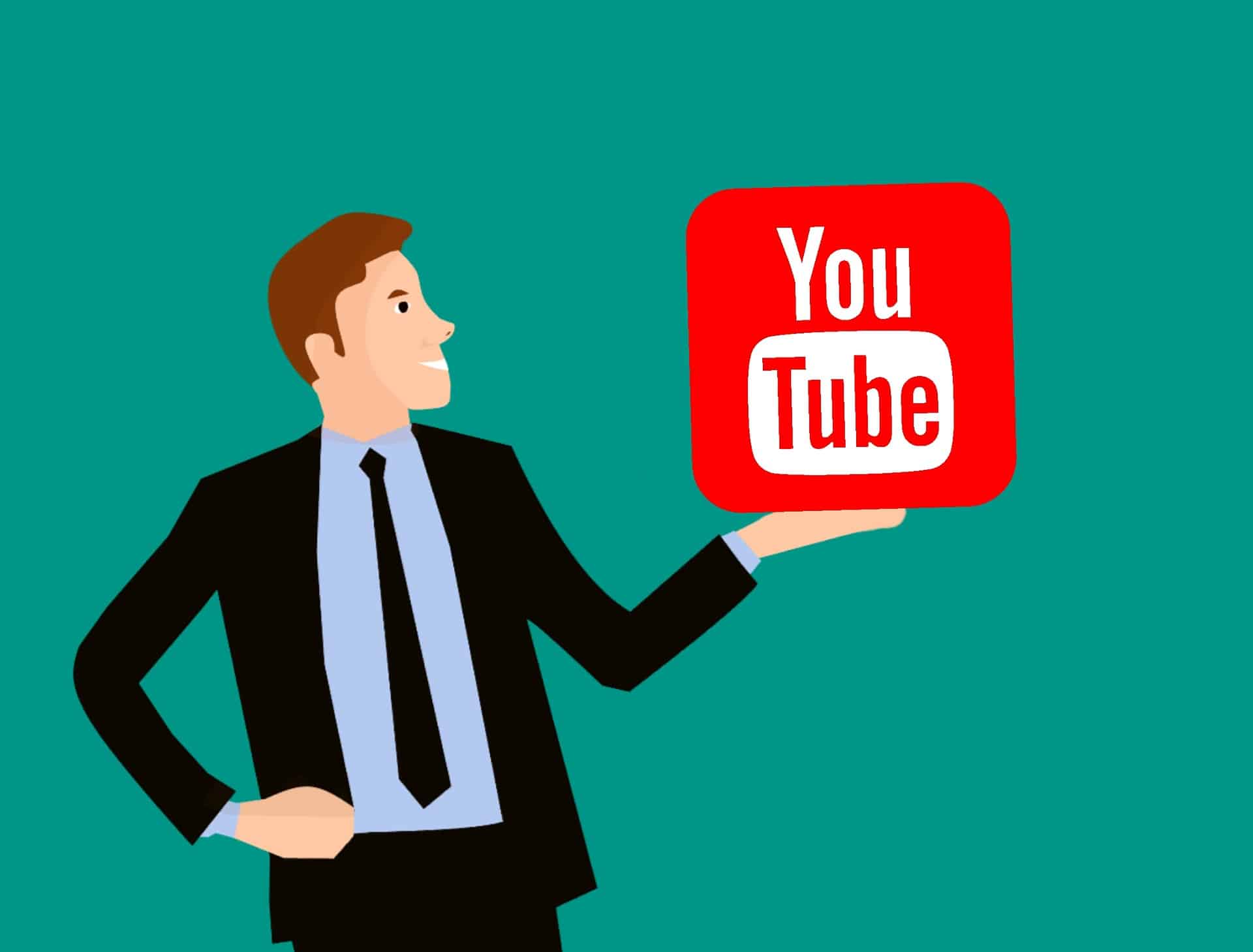
YouTube censorship and Logan Paul
Taylor Deaton, Staff Writer
Courtesy of pixabay.com
In the past year, content on YouTube has shifted from what was once a very open community with no fear of suppression, to a very censored environment.
YouTube is a way of life and a source of income for many individuals. Since the website’s start 13 years ago, there has been an influx of content creators from all over the world, standing from multiple different platforms and bringing a surplus of content.
In December of 2017, YouTube CEO Susan Wojcicki issued a statement on the actions they have taken to make YouTube a safer environment. In the statement, Wojcicki explains that YouTube has “tightened [their] policies on what content can appear on [their] platform, or earn revenue for creators.”
These changes brought on the ‘adpocalypse’ of 2017. Many creators began to complain when YouTube started to deem their videos ‘not suitable for most advertisers.’ This essentially led to creators censoring their videos, so they could receive ad revenue.
Creator gbay99, who runs a gaming channel, created a video during the adpocalypse titled “Why this is so frustrating (Adpocalypse update).”
In his video, the creator commented that YouTube’s censorship was “seriously becoming the biggest headache in the world for [him].” When addressing YouTube directly, he spoke that “it’s already ridiculous if you want every creator on your platform to be censored to the point where they’re making their content suitable for a five-year-old.”
At the beginning of this year, YouTube changed its requirements for the monetization of videos. On Jan. 16, the YouTube Partner Program(YPP) issued a statement which stated that in order to be eligible for monetization, creators had to have “4,000 hours of watch time within the past 12 months, and 1,000 subscribers.” From this date, creators were given until Feb. 20 to meet the requirements.
If creators failed to reach these requirements by this date, they would “no longer be able to earn money on YouTube.”
This sent creators into a frenzy, many of them taking to social media to express their frustrations with the YPP. YouTube creator Kayleigh Kill created a video entitled “The End Of Smaller Creators, New Monetization Guidelines.”
Kill sympathizes with small creators in the video, explaining that the new guidelines are “like a slap in the face for anyone who’s had a channel for multiple years and works really hard to put up content.”
In Kill’s video, she read part of the YPP’s statement which said, “These higher standards will also help us to prevent potentially inappropriate videos from monetizing which can hurt revenue for everyone.” From this, Kill inquired, “How does that work when your top creators are posting videos of dead people and sexually inappropriate thumbnails and their videos were still up?”
Kill’s remarks were directed towards Logan Paul, a creator who received backlash after posting a controversial video during his trip to Japan. Paul’s video was not taken down by YouTube, but by himself 6 hours after posting.
Many creators blame other creators with large numbers of subscribers such as Paul for the changes being made. They claim these changes were only brought about after large creators posted content on their channels that was deemed inappropriate.
Creator Oliver J Hughes, who currently has almost 1,500 subscribers, said he feels as though YouTube is “punishing ALL small channels for the bad behavior of the minority.” He continued to express that “Those of us grinding it out in the trenches, making high-quality and engaging content, must suffer for this.”
Hughes’ account recently became eligible for monetization under the new YPP policies, but Hughes isn’t going to monetize his YouTube account “until it makes sense.” He explains that it’s “kind of like taking the power back from YouTube.”
Hughes feels like YouTube is completely missing the point of trying to rid YouTube of bad content. “It’s all about feeling supported by the platform that NEEDS us to make good content.”
YouTube’s changes in censorship, demonetization and revenue have sparked much debate within the YouTube community. Many creators are reaching out to YouTube in hopes of change. The fate of small creators and YouTube itself is unknown at the time.

